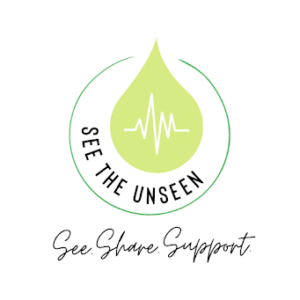“My brother is 15 and he is about to start driving. My brother is 15 and he is about to start driving.”
I repeated these petrifying words over and over again while driving back to the Oklahoma Christian University campus after watching “The Hate U Give” in theaters for a second time. Tamir Rice was 12. Trayvon Martin was 17. My brother is 15. If he is at the wrong place at the wrong time, saying the wrong words with the wrong attitude, his fate could be the same as these innocent boys.
Because of these thoughts and so many others jumbling around in my head, I walked out of the movie theatre on Friday night feeling angry. I was not angry at a specific person, the police or politicians, but rather I felt animosity toward the systemic injustices in society as a whole.
The movie focuses on the internal conflict of one girl, Starr, who has to juggle growing up in a black community while attending a predominantly white private school. When one of her close friends is shot by a police officer, situational circumstances force Starr to face the unfortunate reality of racial tensions in America.
This movie managed to rekindle feelings and memories I typically block off as a coping mechanism. Though I am not one to watch movies in theatres multiple times, the pertinent themes demanded my attention. I watched the movie again because I could not grasp everything the first time. Like Starr, I could not process my own emotions.
Though the movie had the purpose of shedding light on the grotesque nature of police brutality, for me, it was a coming-of-age story I could almost fully relate to. While no one close to me has died because of police brutality, every man in my family has at least one unfortunate story concerning the police. Even though the film may seemed overly dramatized to some, everything is real and accurate.
I do not exactly remember the first time I had “the talk” about police brutality, because my parents gave a different version of “the talk” on at least a weekly basis. Anytime the police stopped my father without a legitimate reason, we had “the talk.” Whenever my siblings and I acted up in a store, we had “the talk” about the potential of being accused of stealing because of our race. Whenever I went from the highest to the lowest reading group in the 2nd grade, I had “the talk” about racial bias in education.
These “talks” are endless, and “The Hate U Give” provides substantial insight into the discussions many black Americans have on a daily basis. The movie does more than portray feelings associated with racial and social injustices––it provides a forum for discussion.
A few weeks ago, the Black Student Union (BSU) provided $2 tickets to see the movie, and many students and faculty attended. Every Tuesday since then, the BSU has hosted a series of discussions about major themes presented in the movie.
I cannot watch a movie like “The Hate U Give,” and do nothing about it, and I do not believe I am alone in this. During a time when our country denies racial tension, discussing brutality and other racial topics in a chapel setting is a great way to move toward unity. Staying educated is far better than remaining complacent.
The Talon welcomes all viewpoints. Realizing there may be an opposing view to today’s editorial, the Talon invites any Oklahoma Christian student to write an opposing editorial that is signed and less than 800 words. For more information on editorial guidelines or to submit an opinion idea, please email Hannah Brewster, the Talon’s opinion editor.














Be First to Comment